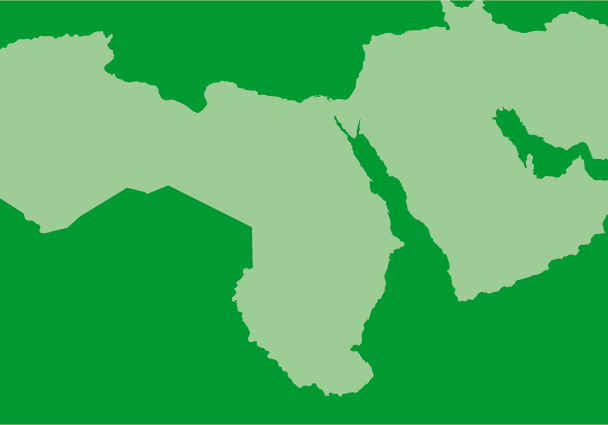
Nov 26, 2010
 Lithuanian MP Petras Grazulis introduced an amendment that would impose an administrative fine for the public promotion of homosexual relations.
Lithuanian MP Petras Grazulis introduced an amendment that would impose an administrative fine for the public promotion of homosexual relations.
The ICJ believes that such a law would violate the Lithuania’s obligations under international law to protect the rights of all individuals, regardless of sexual orientation, to be free from discrimination and to freedom of expression.
Lithuania-sexualorientation-advocacy-2010 (full text, PDF)

Oct 20, 2010
Amnesty International and the ICJ support in principle the proposal to create simplified amendment procedure including certain organizational provisions of Part II of the European Convention on Human Rights.
In the view of the two organisations, the overriding purpose of any such reforms must be to facilitate flexibility of amendments to the organisational and operational procedures of the Court so as to allow the Court to respond effectively and quickly to address changes in its case load. Any changes to the founding and regulating instruments of the Court – no matter what their form – should serve this purpose and this purpose alone, given the importance which was attached to it in the Interlaken Declaration.
Experts simplified procedure-analysis brief-2010 (full text in English, PDF)

Oct 20, 2010
The ICJ and other human rights groups welcome the opportunity to comment on the Draft Guidelines on Eradicating Impunity for Serious Human Rights Violations.
Notwithstanding the considerable progress made to date in the drafting of the Guidelines, the organizations hope that they can be further strengthened in the course of this meeting, to add the greatest possible value to the fight against impunity.
The organizations have also made suggestions for additional references in the Guidelines’ reference texts, in a separate paper.
Guidelines Council Europe impunity-analysis brief-2010 (full text in English, PDF)

Oct 20, 2010
The ICJ and other human rights groups suggest that some references be added to the Draft Reference-texts for these guidelines.
Guidelines Council Europe-analysis brief-2010 (full text in English, PDF)

Oct 1, 2010
The ICJ and other human rights groups and defenders today condemned the continued detention without charge or trial of human rights lawyer Nasrin Sotoudeh in Iran.
They called for her immediate and unconditional release as she is held solely in connection with her work defending others.
Iran-lawyers’ loss freedom-analysis brief-2010 (full text in English, PDF)

 Lithuanian MP Petras Grazulis introduced an amendment that would impose an administrative fine for the public promotion of homosexual relations.
Lithuanian MP Petras Grazulis introduced an amendment that would impose an administrative fine for the public promotion of homosexual relations. 







